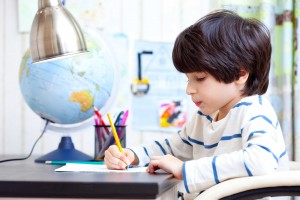 I work with many school students of all ages. So many of them are very bright and articulate. Often they have parents who encourage communication, independent thinking , and discussion when there are differences. Young people seem so much more conscious and aware than they were when I was that age. When a young person has an opinion about something, he or she is often quite passionate about it. I see this as a positive sign of the development of an independent mind.
I work with many school students of all ages. So many of them are very bright and articulate. Often they have parents who encourage communication, independent thinking , and discussion when there are differences. Young people seem so much more conscious and aware than they were when I was that age. When a young person has an opinion about something, he or she is often quite passionate about it. I see this as a positive sign of the development of an independent mind.
This is, I would hope, precisely what we strive for in our educational system. However, often independent thinking and questioning is shut down. Worse yet, the child may be made to feel like a bad person because of his or her thoughts, or for having expressed them. This may not happen so much if the thoughts expressed are in relation to the subject matter being taught. Undoubtedly there are many fine teachers who challenge students to think for themselves.
Where it does become a problem is if the questioning relates to school policies, or how situations are handled involving students. Understandably, a school must have rules, and for the most part students are expected to follow them. Educators cannot spend hours debating whether the “no chewing gum” rule is a violation of individual rights.
However, situations do occur where a student feels unfairly blamed, or has been treated in a way that feels disrespectful. What recourse do they have? Too often their protestations are viewed as being oppositional, or disrespectful.
Just because they are minors does not mean they should not have a voice. It does not mean that they should be silenced, just because the adults have the power. This is a critical time in their development—a time when they form conclusions about how the world responds to their growing independence and individuality. If they feel wronged, and are shut down, it is no wonder animosity and even hostility begin to bubble under the surface.
Young people look to adults to ensure fairness, safety and security. They want to know that, as individuals, they are valued and cared for. This is especially true in educational settings. Yes, schools are busy places, and curriculum demands are heavy. However, the most important thing young people can learn is that their thoughts, ideas and feelings matter. If we teach them this, it is how they will treat others. This is the only way we can begin to create a better world—and that is surely should be a core goal of anyone involved with youth.
Copyright © Gwen Randall-Young, All Rights Reserved. Contact us if you would like permission to reprint.
CDs You May be Interested In:
My Special Friends (for Children)
Go Away Monster! (for Young Children)
A World of Kindness
Creating Balance in Your Life
Thinking for Yoursef (Empowerment for Youth)
Releasing Stress






